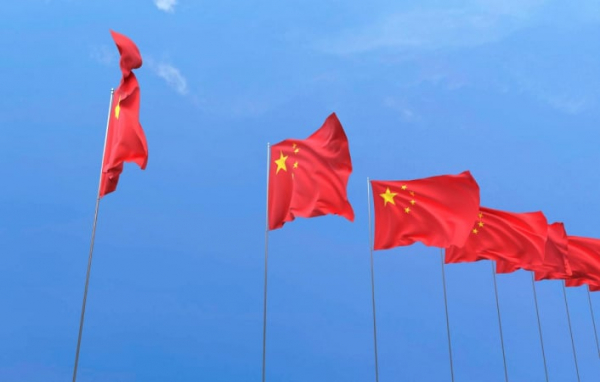Large Chinese banks stopped accepting payments in yuan from Russia and began returning such transactions to customers. This is reported by The Moscow Times with a link to Alexey Poroshin, CEO of First Group JSC.

► Read the Ministry of Finance on Instagram: the main news about investments and finance
According to him, among those who refused Russian payments are at least eight credit institutions: Ping An Bank and Bank of Nengbo, occupying 13th and 15th places in terms of capitalization, Great Wall West China, Dongguan Rural Commercial, China Guangfa, Kunshan Rural Commercial, Shenzhen Rural Commercial and China Zheshang.
Also, yuan payments do not go through banks with international participation: CitiBank, Standard Chartered Bank, HSBC, JP Morgan, BNP Paribas, Deutsche Bank and Mizuho Bank. But most of them stopped conducting transactions with Russian clients two years ago.
Chinese credit institutions have been blocking yuan payments since mid-January, a source confirmed to the publication. It is noted that the new restrictions are caused by concerns about the possible introduction of secondary sanctions and pressure from the United States.
Some banks informed their clients that they were temporarily stopping conducting transactions in yuan to Russia, but did not officially publish this information, says Oleg Abelev, head of the analytical department of IC Rikov-Trust.
The refusal to accept payments in yuan will complicate settlements for Russian companies, notes the founder of Anderida Financial Group Alexey Tarapovsky.
According to him, payments can be continued in several ways: through a Russian bank, payments from which are still accepted in China, by opening a branch of the company in China or another a “friendly” country, as well as partners in Hong Kong.
At the same time, about 80% of Russian companies that regularly work with China have already opened branches in “friendly” countries that are not subject to sanctions.
< p>Before this, it was reported that most banks in China stopped accepting dollar transfers from Russia, and also began to delay settlements due to additional checks. However, transactions in national currencies continued.
The Kremlin said that they had seen publications regarding problems with payments and promised to discuss this issue within the framework of “a close dialogue with Chinese friends.”

